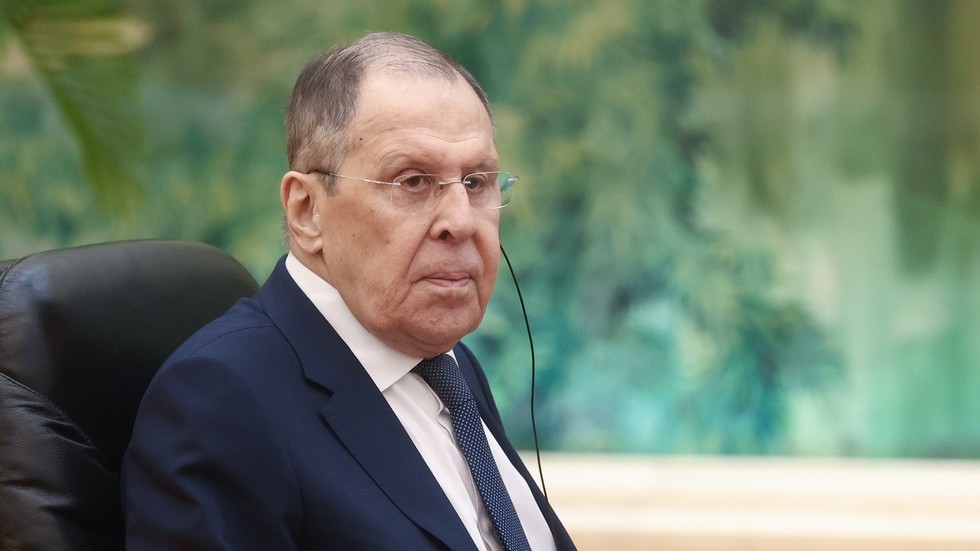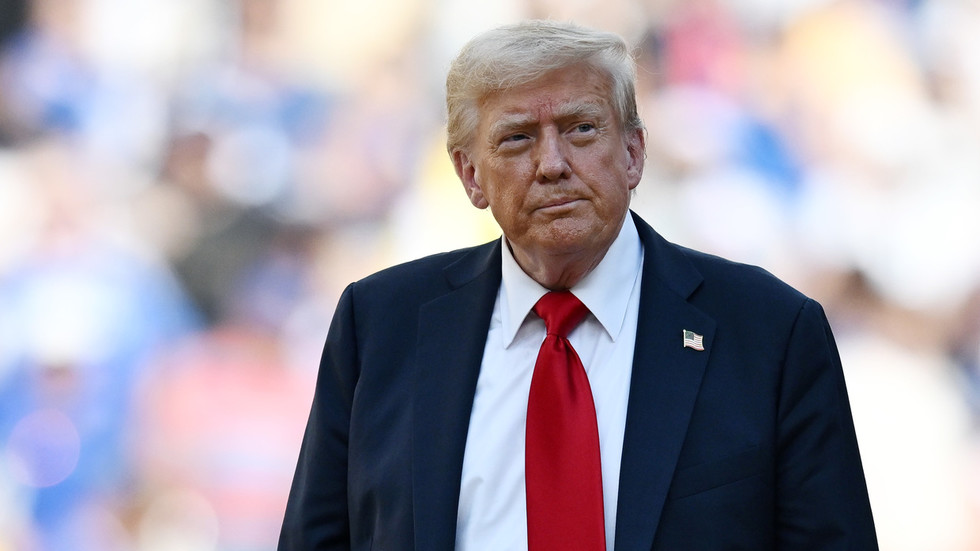On November 7, 2019, the government of Prime Minister Narendra Modi revoked my Overseas Citizenship of India (OCI), effectively banning me from the country I grew up in. India was where my mother and grandmother lived. Where four out of my five books of fiction and nonfiction were set. Where I had moved back after college in the United States with the aim of being “an Indian writer.”
The government alleged I had concealed that my father was Pakistani. It was a surprising accusation. My first book—Stranger to History: A Son’s Journey through Islamic Lands, which was published in 2009—dealt extensively with my relationship to my absent father and my rediscovery of him. I had written countless articles on the subject, not to mention that my father was a public figure. In 2011, as governor of Punjab, Pakistan’s largest province, he was assassinated by his own bodyguard for defending a Christian woman accused of blasphemy. His killing was on the front page of the New York Times.
None of this affected my position in India, where I lived for over 30 years. I became “Pakistani” the day I wrote a story for the cover of TIME Magazine entitled “India’s Divider in Chief,” which appeared in 2019, in the run-up to Modi’s re-election. TIME (where I began my career as a reporter in 2003) has powerful name recognition in India. The sight of its famous red masthead enclosing a scowling image of India’s leader produced a visceral reaction within the country. Modi’s army of internet trolls came after me with threats, abuse and digital vandalism. If in the past authoritarian regimes sought to destroy your person, they now first destroy your reputation. Then Modi himself spoke, “TIME Magazine is foreign. The writer has also said he comes from a Pakistani political family. That is enough for his credibility.”
After that, I was on borrowed time—though, of course, none of this is new. The weaponization of citizenship documents against critics is something we see now in the U.S. too, most notably in the case of student activist Mahmoud Khalil, who was detained by ICE for more than three months in the beginning of the year and released in June.
There is something debilitating about losing one’s country. It is so intimately tied up with our sense of self that we don’t know how fundamental it is till it’s gone. “I do not ‘love’ Germany,” wrote Sebastian Haffner in 1939 in Defying Hitler soon after leaving Nazi Germany for Britain, “just as I do not ‘love’ myself.” But “one’s country,” Haffner continued, “plays a different and far more indispensable role than that of a mistress; it is just one’s country. If one loses it, one almost loses the right to love any other country.”
My relationship to India was instinctive. It formed the understructure of my creative life, a kind of zero-point from which I measured my distance to all other places. I could enumerate the reasons why I was Indian, but the beauty of belonging is that it is unspoken. To make the case for why one belongs is, as with certain fundamental rights, to articulate what one never meant to surrender.
I was the result of a love affair between an Indian journalist and a Pakistani politician. The affair (and my birth out of wedlock) shocked my conservative Sikh grandparents. Yet my maternal grandparents embraced me and my mother soon after my father abandoned us. It was my Nani who brought me on her back to India when I was two and her unquestioning love that instilled in me my sense of place and belonging. Modi’s action against me felt like a betrayal of that love. Her husband, my grandfather, was an officer in the Indian Army and had fought against Pakistan in two wars. I thought of how outraged she would be to learn that the child who had grown up in her house had been recast as an enemy alien. She died last year, in 2024, with me unable to see her in her final years.
India is lost to me in one sense—I cannot go home—but it is lost to countless others in another, more important sense too. In India, the demands of blood and soil are now pitted against the exalted idea of a more secular country. India’s founders, after the country’s 1947 Partition along religious lines, were determined never to let it become a “Hindu Pakistan.” Its first Prime Minister, Jawaharlal Nehru, envisioned India as a palimpsest, where “layer upon layer of thought and reverie had been inscribed, and yet no succeeding layer has completely hidden or erased what has been written previously.” For men like Nehru and Mahatma Gandhi, the modern nation was to be a repository of the dizzying multiplicity of cultures, languages, religions and ethnicities that had permeated Indian soil for 5,000 years. India was a collage of states, each the size of a large European country, with languages, scripts and literatures of its own. It was held together not by the domination of a single group, but rather by its asymmetries. “The centrifugal forces of India are old and powerful,” wrote the Mexican writer Octavio Paz in In light of India, “they have not destroyed the country because, without intending to, they have neutralized one another.”
Beneath this great Indian variety, there lay an underlying unity—India was 85% Hindu—but it was interestingly not a homogeneity. It was something that had never fully been exploited for political purposes, in part because it was felt that India’s Hindus had more in common with their regional Muslim and Christian counterparts—of which there are some 170 million and 28 million, respectively—than they did with each other. The idea of a “Hindu vote,” like a “white vote” in the United States, was regarded as something of a chimera. This is simply no longer true. Modi’s triumph, as a politician, is that he has been able to galvanize India’s roughly 1 billion Hindus behind the notion of India as a holy land. Long before Trump and his MAGA acolytes, Modi understood how the primal power of blood could be deployed against the delicate bloom of ideas and abstractions. His success at remaking India as an ethno-national entity has left many who believed in Nehru and Gandhi’s vision of India in what used to be described in the Soviet-era as “internal émigrés”—those who were physically present but culturally exiled.
“Exile is a writer’s natural state,” the author Jeet Thayil told the Indian press when asked about what the Indian government had done to me. It is a romantic idea, bringing to mind so many writers and painters, from James, Nabokov, and Joyce to Goya, Chagall, and Dalí, who were fed as artists by the experience—now imposed, now voluntary—of not being able to return home. But for each of these artists, there are countless others who lack the inner resources needed to be away so long from their friends and family—not to say, their material—and for whom exile is arid and sterile. “It cannot be said that they prospered here,” writes Hisham Matar in his novel, My Friends, describing the state of Arab intelligentsia in the United Kingdom. “If anything, they withered, grew old and tired. London was, in a way, where Arab writers came to die.”
I was not sure what exile would do to me, but, as the reality of not being able to go home set in, an unexpected emotion crept over me: relief. The burden of trying to fit into India, of forever apologizing for its shortcomings, apologizing for my own Westernization, was suddenly lifted from me.
My husband, whom I met in New York the summer of 2014, after the election that brought Modi to power, remembers how strenuous my assertions of belonging were at the time. The more I stressed my Indianness, the more he doubted it was real. As someone who had grown up in Evangelical Tennessee and come to live on the East Coast, he was suspicious of claims of authenticity, whether they be of the “real” India, or the “real” America. “Don’t forget,” he once told me of his folks back home, “that as much as we live in a bubble here, they live in a bubble, too.”
The demands of belonging that India made on me must have been hard on my husband. Not just my absences, but my need to forever balance two (if not three) societies in my head. I remember him asking me once to “unpack”—to not live as if my life in America were provisional.
Then suddenly, one day, I woke up to find it was the only life I had. Once India closed behind me, I felt strangely free. I felt my old curiosities return, many of which I had discarded in order to better belong in India. I could revel, for instance, in my love of the English language, the locus of so much postcolonial anxiety in India, without fearing that I was somehow letting down the side.
The West, in turn, was no longer some dirty secret that I could enjoy only at the detriment of the “real” India. After all the wringing of wrists, the stewing over questions of place, of feeling myself forever betwixt and between, I found I was easier in my own skin. I no longer felt answerable to an imagined country out there whose claims on “realness” exceeded my own. My circumstances had forced a natural cosmopolitanism on me, and I was not prepared to sacrifice that for anyone. I was home.
Excerpted from A Return to Self: Excursions in Exile by Aatish Taseer. Copyright © 2025 by Aatish Taseer. Reprinted by permission of Catapult Books.

 6 hours ago
1
6 hours ago
1








